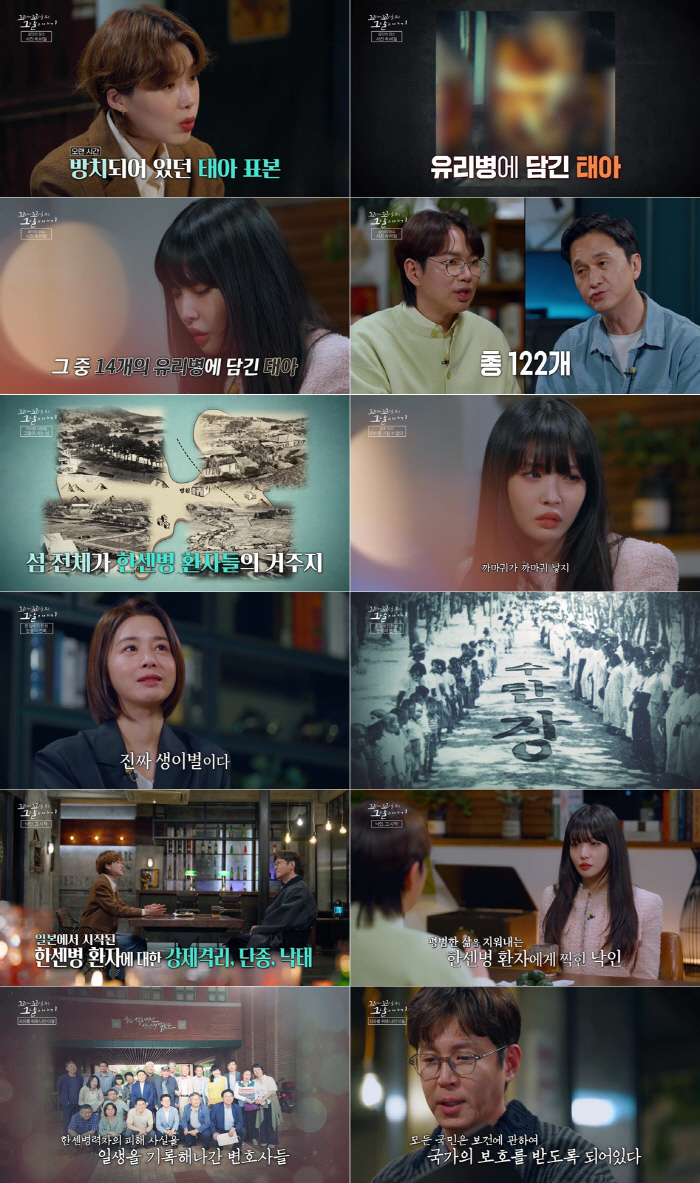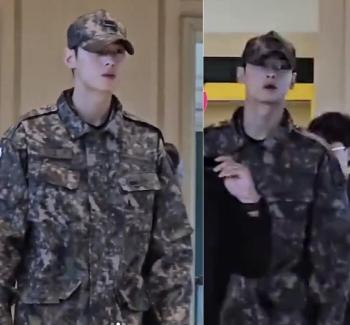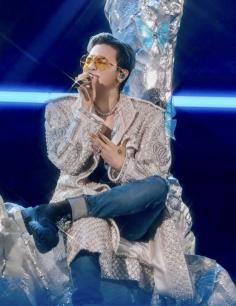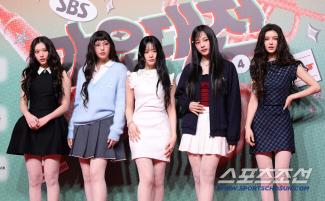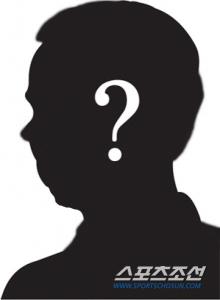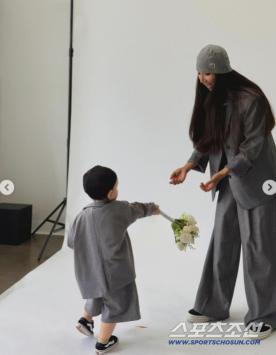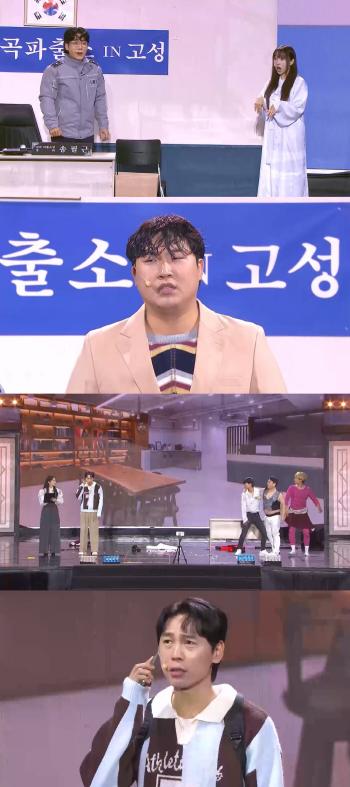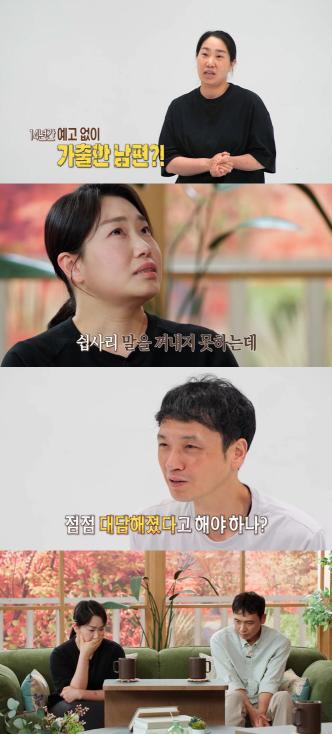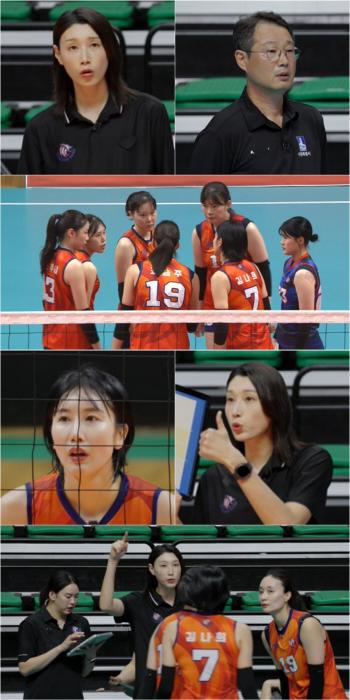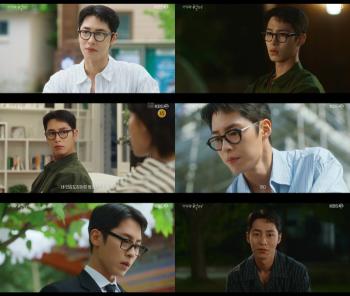Take it from the mother of the child...Forced Abortion → Tragedy of Sorokdo Made a Sample of a Infant Glass Bottle
Apr 04, 2025
|
The 169th episode of SBS 'The Story of the Day Who Bites His Tails' (directed by Lee Dong-won, Ko Hye-rin, hereinafter 'Kkomu') was joined by singer Chung-ha, actor Seo Young-hee, and actor Choi Won-young as listeners under the theme of 「Fallers-Island」.
The broadcast began with the story of Lee Nam-cheol, an elementary school student, who was separated from his parents and forced to quarantine in Sorokdo, located in Goheung-gun, Jeollanam-do, because he was a Hansen soldier. Sorokdo was home to up to 6,000 people at the time, and management staff and patients were divided by barbed wire. Patients continued their group life in poor conditions, as well as restricting distance from employees, and when they married, men had to undergo infertility surgery, also known as 'mono-surgery', and women had to undergo abortions if they were pregnant with a child. In addition, the body was dissected after death. This has led Sorokdo people to say "I want to die on the weekend when my employees are off." However, in fact, it was already revealed in the 1970s that leprosy was not a genetic disease. But Sorokdo's norms did not change, and this place was literally 'forced concentration camps'.
Lee Nam-cheol, who recalled that time, said "I wondered if I should live like this without being treated as a human being even though I was a human being", and Jang In-sim, who was a victim of forced abortion, was dragged away as if he were being dragged into a slaughterhouse". He said, "Wouldn't a crow give birth to a crow?" and recalled the terrible past with tears in his eyes. Fetuses who came out of the world due to forced abortions were sampled in vials containing formalin, and eventually left unattended. The child, who was born avoiding the eyes of surveillance, was called 'Unwilled', which means 'I haven't gotten sick yet', and had to be forced to enter Sorokdo nursery after being separated from his parents. Seo Young-hee said "I can't even imagine it. My heart aches so much."
The environment at Sorokdo Nursery was poor, and the children were hungry. Children at the nursery had a meeting with their parents once a month. Children and parents were allowed to meet for an hour with a distance of 2m. It was called 'Sutanjang', which means 'new road of wailing' because wailing continued for an hour. When a photo of them was released at the time, Seo Young-hee could not continue saying "Heartbreaking", and Cheong-ha sobbed "You must want to run too much". Jang Sung-gyu described it as "Someone took the child from his mother."," he said. When the children became middle school students, they had to leave Sorokdo Island and go to Samyuk Academy located in Daegu, and because they were children with Hansen's disease, they visited their parents and continued their hard lives.
It was surprising to discover that forced quarantine of leprosy patients in Korea began in 1916 during the Japanese occupation. The Japanese colonial rule established a leprosy treatment hospital in Korea, 'Jahye Clinic', in Sorokdo, but it was aimed at isolating rather than treating it. The Japanese even forced patients to work or took money to build statues of the director, and after the outbreak of the Pacific War, patients were mobilized to produce munitions, and after the death, patients were dissected regardless of their intentions. However, nothing has changed since liberation. Although leprosy is very contagious, a treatment drug was developed in the 1940s, and most of Sorokdo's patients were cured, dissection was performed in the 1960s, forced isolation in the 1970s, and abortion surgery in the late 1980s. Even the discontinuation surgery was carried out until 1992.
Compared to the case of Japan, which has already received an apology from the Japanese government, victims of leprosy in Korea were not able to win the Supreme Court's victory in a national compensation lawsuit until 2013. Jang Sung-gyu added "There are no two things in Sorokdo. One was a child, the other was a graveThe patients who ended their lives were cremated and the remains beyond their maturity were asleep in one division. Cheng Ha "I think I now know about Sorokdo. "I'm ashamed", and Jang Sung-gyu said "I hope they can have a peaceful time now", leaving a lingering impression.
silk781220@sportschosun.com
